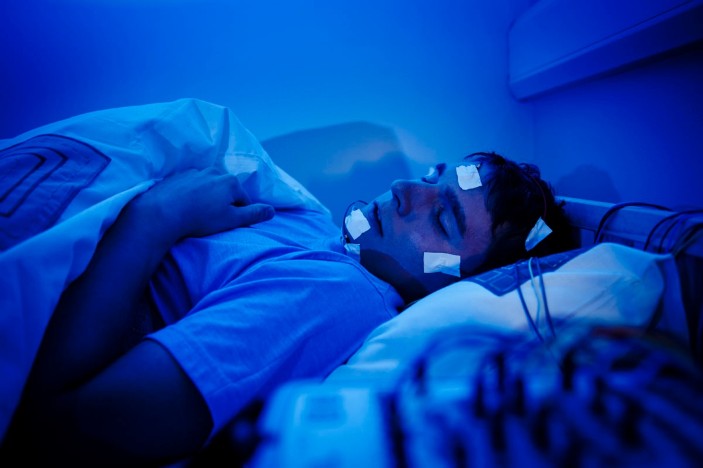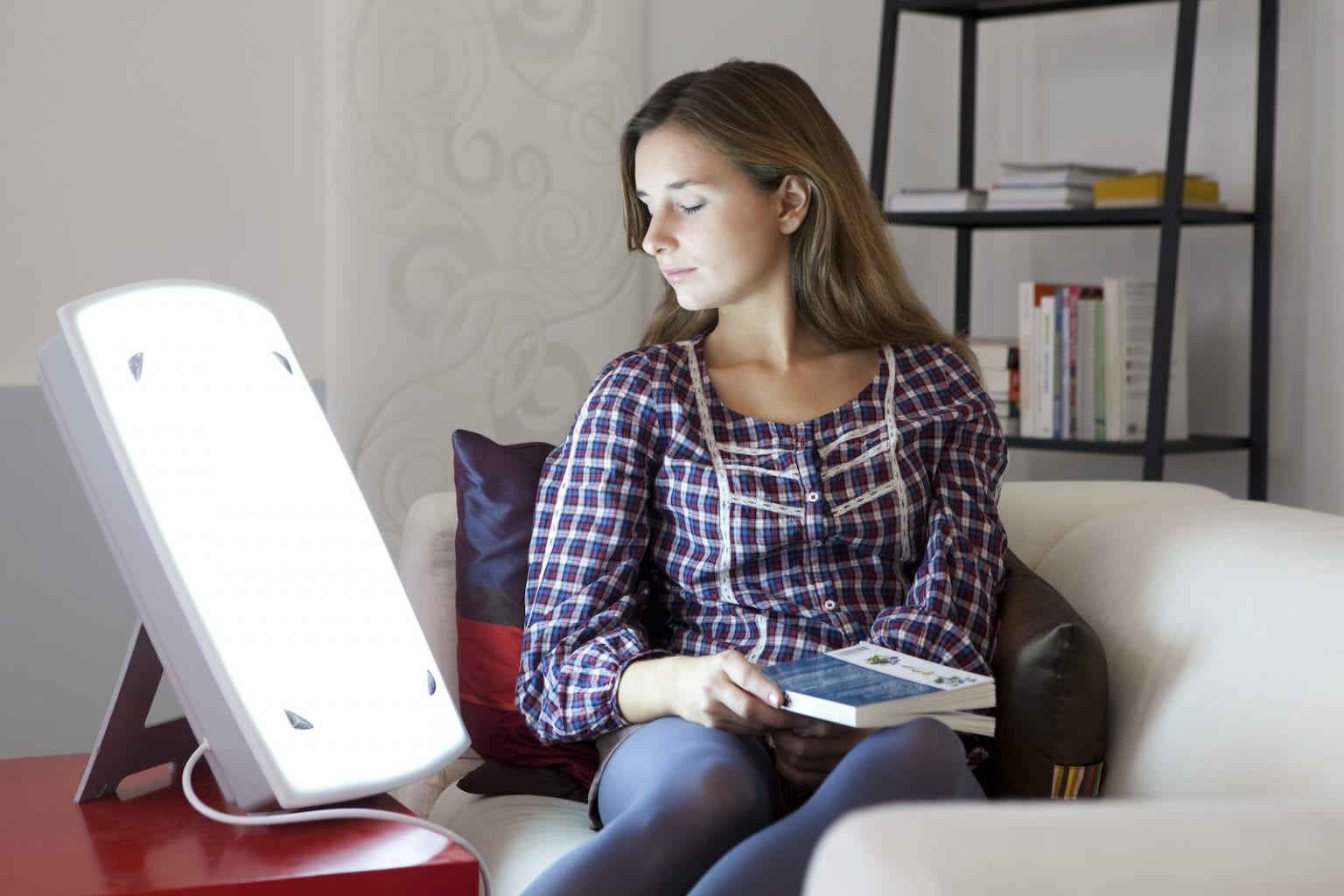Advanced Sleep Therapy - Achieve Deep, Peaceful Sleep
Advanced Sleep Therapy - Achieve Deep, Peaceful Sleep
Blog Article
Efficient Treatment Solutions for Managing Sleep Disorders and Enhancing Peaceful Sleep
In the realm of medical care, the administration of sleep disorders and the mission for peaceful rest are critical components of general well-being. Reliable treatment remedies provide a multifaceted method to take on these obstacles, varying from cognitive behavior interventions to alternative techniques that advertise leisure and mindfulness. The exploration of various approaches, including the combination of drug and light therapy, opens up a realm of opportunities in the search of much better rest top quality. As we navigate the elaborate landscape of sleep conditions and seek to enhance our sleep experience, a deeper understanding of these treatment options may hold the trick to unlocking a much more refreshing and meeting restorative trip.
Cognitive Behavioral Therapy for Insomnia (CBT-I)
Cognitive Behavior Treatment for Sleeping Disorders (CBT-I) is an organized, evidence-based therapy technique that concentrates on addressing the underlying factors adding to rest disruptions. This kind of treatment aims to customize habits and thoughts that worsen sleep problems, inevitably advertising healthy and balanced sleep patterns. CBT-I typically entails several vital components, including cognitive therapy, rest limitation, stimulus control, and sleep hygiene education.
Cognitive treatment assists people identify and change adverse idea patterns and ideas regarding sleep that might be impeding their ability to fall or remain asleep. Rest restriction involves limiting the quantity of time invested in bed to match the person's real sleep duration, thus increasing sleep performance (insomnia specialist). Stimulation control strategies aid establish a strong organization in between the bed and sleep by encouraging people to head to bed only when sleepy and to prevent taking part in stimulating tasks in bed
Additionally, rest hygiene education and learning concentrates on creating healthy and balanced sleep habits, such as maintaining a regular rest timetable, developing a relaxing going to bed regimen, and optimizing the sleep atmosphere. By dealing with these elements comprehensively, CBT-I offers an effective non-pharmacological treatment for managing sleeplessness and improving general sleep high quality.
Rest Hygiene Practices
Having established the structure of cognitive restructuring and behavior modifications in resolving sleeping disorders with Cognitive Behavioral Therapy for Sleep Problems (CBT-I), the focus now changes in the direction of discovering vital Sleep Hygiene Practices for maintaining optimum sleep high quality and total wellness.
Sleep health methods encompass a series of routines and environmental elements that can significantly impact one's capacity to drop off to sleep and remain asleep throughout the night. Consistent rest and wake times, developing a relaxing bedtime regimen, and optimizing the sleep setting by maintaining it dark, quiet, and cool are critical elements of great rest health. Restricting direct exposure to displays prior to bedtime, preventing energizers like high levels of caffeine near to going to bed, and engaging in regular physical activity throughout the day can additionally promote better rest top quality.
Additionally, exercising leisure methods such as deep breathing exercises or meditation prior to bed can help relax the mind and prepare the body for rest. By incorporating these rest health methods right into one's day-to-day routine, people can develop a healthy and balanced rest pattern that sustains peaceful sleep and general health.
Relaxation Methods and Mindfulness
Implementing relaxation methods and mindfulness techniques can play an essential duty in fostering a feeling of calm and promoting high quality sleep. Additionally, led imagery can aid deliver individuals to a relaxed area in their minds, helping in anxiety reduction and improving rest top quality.
By integrating these techniques into a bedtime routine, individuals can indicate to their bodies that it is time to loosen up and prepare for sleep. Generally, integrating leisure strategies and mindfulness practices can substantially contribute to handling sleep disorders and improving total rest quality.

Medicine Options for Rest Disorders
After discovering relaxation methods and mindfulness methods as non-pharmacological interventions for enhancing sleep high quality, it is vital to think about medicine alternatives for individuals with rest problems. In instances where lifestyle modifications and treatment do not offer adequate alleviation, medicine can be a useful tool in taking care of rest disruptions.
Generally prescribed medicines for sleep disorders include benzodiazepines, non-benzodiazepine hypnotics, antidepressants, and melatonin receptor agonists. Antidepressants, such as trazodone, can be useful for sleep apnea migraine people with co-occurring depression and sleep disturbances - natural insomnia remedies.
It is critical for people to seek advice from with a doctor to determine one of the most proper medicine choice based upon their specific rest disorder and clinical history.
Light Therapy for Circadian Rhythm Regulation
Light treatment, also recognized as photo-therapy, is a non-invasive therapy approach made use of to regulate circadian rhythms and enhance sleep-wake cycles. This treatment involves direct exposure anorexia insomnia to bright light that imitates natural sunlight, which helps to reset the body's inner clock. By exposing individuals to particular wavelengths of light, typically in the morning or evening depending upon the wanted impact, light treatment can effectively change the body clock to promote wakefulness throughout the day and improve relaxing rest during the night.
Study has shown that light treatment can be especially beneficial for individuals with body clock disorders, such as delayed sleep phase disorder or jet lag. It can likewise be useful for those experiencing seasonal depression (SAD), a type of anxiety that typically takes place throughout the winter season when natural light direct exposure is minimized. Light therapy is typically well-tolerated and can be made use of combined with other therapy approaches for sleep conditions to enhance end results and improve general rest high quality.
Final Thought
To conclude, effective therapy solutions for managing rest problems and improving restful rest include Cognitive Behavioral Therapy for Insomnia (CBT-I), sleep health practices, relaxation methods and mindfulness, drug options, and light treatment for circadian rhythm law. These methods can help people enhance their rest quality and overall wellness. It is vital to seek advice from with a doctor to identify the most appropriate technique for addressing rest issues.
As we browse the intricate landscape of sleep disorders and seek to improve our rest experience, a much deeper understanding of these treatment remedies might hold the trick to unlocking an extra rejuvenating and satisfying corrective journey.
Rest limitation involves limiting the quantity of time spent in bed to match the individual's actual rest period, therefore boosting rest effectiveness. Consistent sleep and wake times, developing a relaxing bedtime routine, and enhancing the rest setting by maintaining it dark, silent, and cool are important components of great rest health. Light treatment is normally well-tolerated and can be utilized in combination with official statement other therapy techniques for sleep disorders to maximize end results and boost total sleep high quality.

Report this page